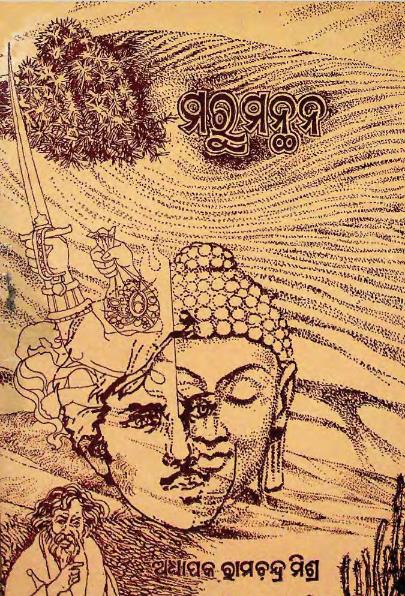Marumanthan, a compelling drama written by Ramachandra Misra and published in 1993, stands as a significant work in the landscape of Indian literature. This poignant play delves deep into the complexities of human relationships and societal norms, offering readers a rich tapestry of themes that resonate across cultures and eras.
Thematic Essence: Sub-Drama and Symbolism
At its core, Marumanthan is not merely a narrative; it’s a sub-drama that invites the audience to introspect on deeper philosophical and social questions. The title itself, which translates to churning of the ocean, serves as a powerful metaphor for the struggles and conflicts inherent in human existence. Just as mythological tales depict the churning of the ocean to unearth treasures and face demons, the characters in Misra’s play navigate their inner turmoil and societal pressures to discover their true selves.
The play’s symbolic elements play a crucial role in crafting its narrative. Misra employs various symbols—elements of nature, light and darkness, and recurring motifs of water and churning—to reflect the characters’ emotions and inner battles. For instance, the act of churning becomes synonymous with the characters’ struggle against stagnation, their quest for self-discovery, and their confrontation with societal expectations.
Character Dynamics
The characters in Marumanthan are masterfully crafted, representing a spectrum of societal roles and human desires. Each character embodies distinct traits and conflicts, serving as vessels through which Misra explores themes of identity, morality, and the quest for meaning. The interactions among the characters are charged with intensity, revealing the nuances of love, betrayal, aspiration, and despair.
As the audience witnesses the unfolding drama, they are prompted to reflect on their own lives and the societal frameworks that influence their choices. The dialogue is imbued with philosophical undertones, encouraging discussions about ethics, relationships, and the meaning of success. Each scene is layered with emotional richness, making the experience both relatable and thought-provoking.
Marumanthan does not shy away from addressing pressing societal issues, such as gender roles, class struggles, and the impact of tradition on personal freedom. Misra deftly critiques the rigid structures that often constrain individual growth and expression. Through the characters’ journeys, he challenges the audience to reconsider their perceptions of duty, ambition, and fulfillment in a rapidly changing world.
The play serves as a mirror to society, reflecting its flaws while simultaneously offering a sense of hope. The emotional struggles of the characters resonate with anyone who has ever felt the weight of societal expectations or grappled with personal demons. In doing so, Misra’s work transcends its setting, emerging as a universal commentary on the human condition.
Books Info
| Books name | Marumanthan / ମରୂମନ୍ଥନ |
| Author | Ramachandra Misra |
| No Of pages | 60 |
| Publisher | Darubhuta Sanskrutika Parishada |
| Publication | 1993 |
| Printed At | Puspagiri Press |
| Distributor | NA |

